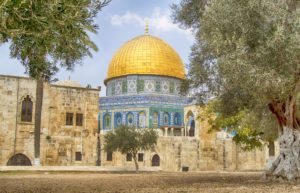
Share this Blog
Manners of The Muslim
Manners of The Muslim
Commentary
Up to this point Surah Al-Furqan has mostly discussed the proofs of the prophethood of the Holy Prophet ﷺ and answered various objections raised in this regard by disbelievers and pagans. While dealing with this subject Allah’s wrath and punishment on those who deny His injunctions was also mentioned. Now, at the end of the Surah it refers to those special servants of His who firmly believe in the Holy Prophet’s prophethood and their beliefs, deeds and dealings are all in conformity with the will of Allah and His messenger and who follow the Shari` ah.Special traits of Allah Ta’ ala’s favoured servants
The first characteristic of such people is that they are “slaves” (عَبَاد) which is the plural of the word عَبد (slave). Here it means the slave who is the property of his Master. All his deeds and prerogatives together with his very life are dedicated to follow the command and will of the Master.Only such a person can claim to be Allah’s slave whose views and beliefs, thinking and desires, and deeds and actions are totally in line with the command and pleasure of his Rab (Master) and who keeps himself alert to carry out each and every command as soon as he is required to.يَطْلُعُ عَلَيْكُمْ الْآنَ رَجُلٌ مِنْ أَهْلِ الْجَنَّةِ
Coming upon you now is a man from the people of Paradise
YOUR WEEKLY DOSE OF
Share this Blog
Tuition Payment by Etransfer
Please send your etrasnfer in the full amount of your course tuition to
finances@ihsan.ca
IMPORTANT: The full name and email address you used to register for the course must be added as a note to the etrasnfer to assure the payment is applied to your account.